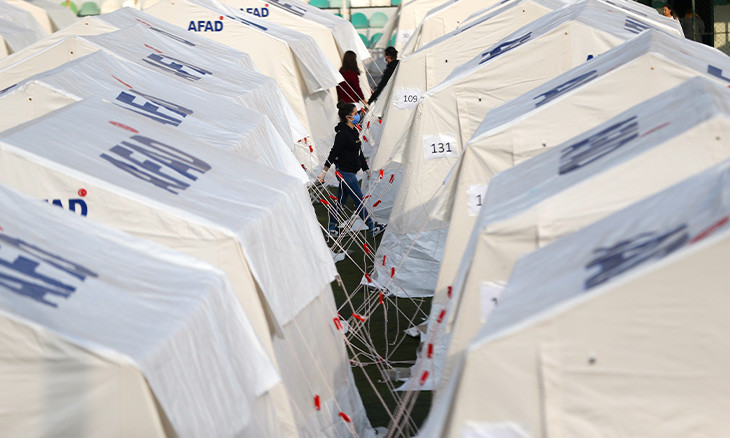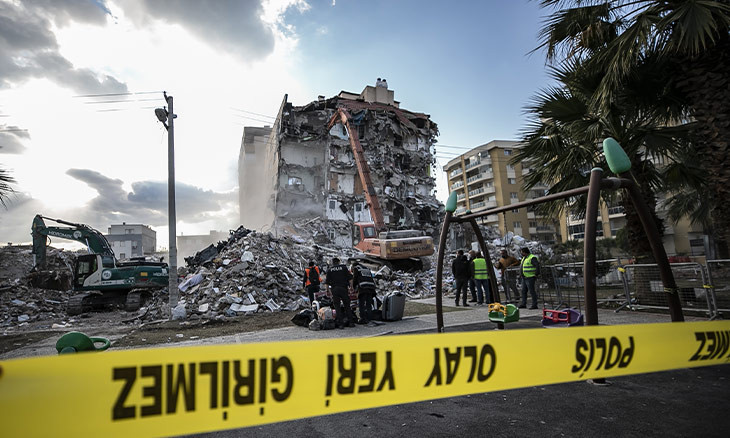Absence of centralized immigration policies in Turkey allows for division, ghettos, expert says
Ankara's failure to create central and comprehensive immigration policies has led to divisive demographics, Turkish-German University's Prof. Murat Erdoğan said. As Turkey's population outside of migrants remains dissonant, the groundwork is set for ethnic ghettos, Erdoğan added.
Müzeyyen Yüce / DUVAR
Turkey's failure to map out a central and comprehensive policy for migrants set the scene for major societal fractions and ethnic ghettos, Turkish-German University's Prof. Murat Erdoğan said, speaking at parliament's Migration and Integration Committee.
The number of Syrian migrants in Turkey nearly reached four million since 2011, the migration expert noted, making Turkey the country with the most migrants in the world within three years following the outbreak of the Syrian war.
Prompted by the war in Syria, a wave of migrants entered Turkey starting in 2011, and Ankara struck a deal with the European Union (EU) to confine migrants' flow within Turkish borders.
An invisible group, irregular migrants totaled some 454,000 in 2019, Erdoğan noted, adding that some 200,000 of them were from Afghanistan.
"We need to recognize that Turkey has become an attraction for all migrants in the world. Turkey should revise its migration and border policies with that in mind," Erdoğan said.
Ankara failed to create a central placement plan for the four million Syrian migrants on its soil, which created major demographic differences between regions, the expert noted.
"Four of Ankara's 25 districts are occupied by Syrians, but the rest of the city doesn't even know they're there. This needs to be handled on a local level," Erdoğan noted.
Turkey's already strained societal dynamics lay the groundwork for division, which is why the country's population outside of migrants needs to primarily reconcile its issues.
"Turkish society's dissonance sets a tone that allows ghettos," the expert noted.
The majority of the critics of Turkey's acceptance of refugees are opposed to giving Syrian migrants political or labor rights, which Erdoğan says is because these would solidify their immigration status in Turkey.
"You could open all gates, end the war in Syria, place the best administration in Ankara, but Syrians aren't going anywhere. Sociologically, immigration has become irreversible."

 Turkish gov't officials 'subjected migrants to discrimination' following İzmir earthquakeHuman Rights
Turkish gov't officials 'subjected migrants to discrimination' following İzmir earthquakeHuman Rights We're used to destruction, Syrian migrants who saved İzmir quake survivors sayDomestic
We're used to destruction, Syrian migrants who saved İzmir quake survivors sayDomestic